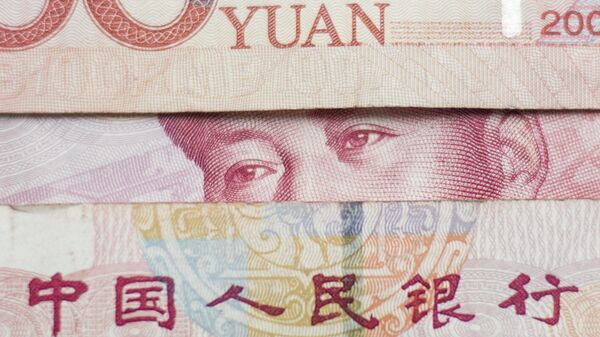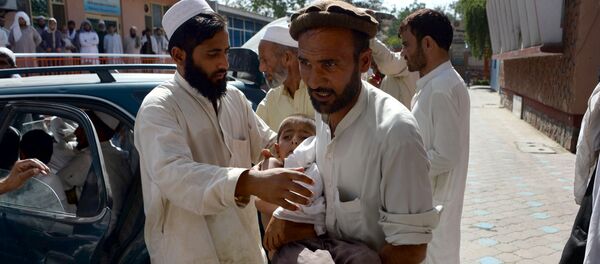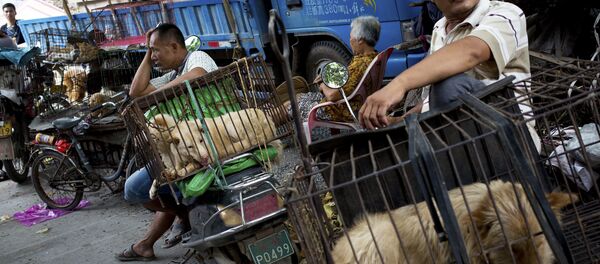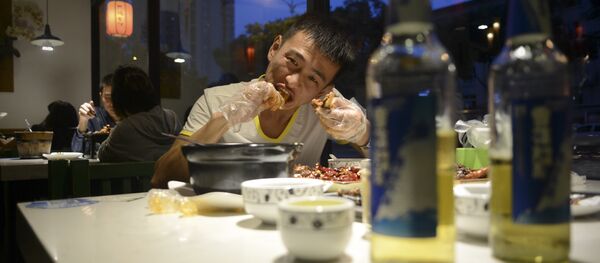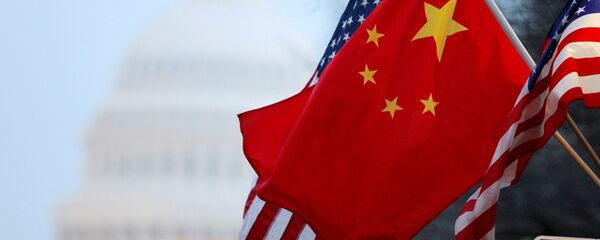Ramadan, the Muslim holy month, has been generating business opportunities for Chinese suppliers and exporters, as a large quantity of goods such as festival items, fabric, and garments are shipped every year to the areas with large Muslim populations in the months before the holy month. These business ties have been growing in recent years thanks to the China-proposed Belt and Road initiative.
For Lucy Liu, a saleswoman at a decorative lights trading company called Shenzhen Reson Technology in South China's Guangdong Province, the Muslim holy month of Ramadan has presented new business opportunities.
Because of the growing demand for decorative lights during Ramadan, the company started exporting lights to the Middle East in 2014, Liu said.
"So far, our shipping volume for 2017 has slightly increased over the same period in 2016, and we have been working with e-commerce platforms such as Amazon and eBay since 2016," she told the Global Times on Monday.
Liu noted that Reson Technology sells an estimated $300,000 worth of Ramadan festival lights each year.
Ramadan, which begins and end according to a lunar calendar, started on May 26 this year. During the month, Muslims around the world fast from sunrise to sunset.
In many cities with large Muslim populations, people decorate streets and alleys with festival lights of different shapes to prepare for the holy month.
Countries and regions with the largest Muslim populations have close trade ties with China. Business representatives come to China to source products and ship them back home. For instance, in Yiwu, home of the world's largest small commodities wholesale market, businessmen from different Muslim countries purchase large quantities of goods ranging from decorations to household items. A large proportion of those items is garments and shoes.
"It's customary that all Muslims wear new clothing and new shoes on Eid al-Fitr," the holiday that closes Ramadan, said Mir Faisal, chief executive of Shanghai-based Xianhong Trading Shanghai Co. Originally from Pakistan, Mir said he has been living in China for 15 years.
Festival lights are used to decorate mosques during the holy month, he said.
The growing demand for small commodities provides business opportunities for Yiwu's vendors.
"It's a peak business time," he told the Global Times on Tuesday.
Recently, a post about things to watch out for during Ramadan has been widely circulated on Chinese social media networks.
For example, Chinese exporters need to arrange their shipment planning in advance because some services including customs clearance and logistics may be delayed during Ramadan, according to a microblog post on May 26.
The post listed 22 Arab countries and 26 other countries in Central Asia, Southeast Asia, Africa and the Middle East affected by changes during Ramadan.
"Usually, exporters ship their goods to Muslim regions two months ahead of Ramadan, because the shipping route usually takes 50 days, and those products can arrive in those regions when Ramadan ends," said a contractor surnamed Yang with a trading company based in Guangzhou, the capital of South China's Guangdong Province.
Yang noted that people go shopping a lot in the days after Ramadan.
Cai Zhenghao, a merchant with Gemei Electronics in Yiwu, East China's Zhejiang Province, said he exports about 20 to 30 twenty-foot equivalent units (TEU) of cosmetics every month to countries such as Iran and the United Arab Emirates.
"The cargo shipping plan must be calculated well, because productivity declines in the second half of Ramadan due to the physical stress of fasting, so services like transportation and logistics may be affected," he told the Global Times on Tuesday.
While the Asia-Pacific and Middle East-North Africa regions were home to 61.7 percent and 19.8 percent of the world's Muslim population in 2010, according to a US-based Pew Research Center post published in January, some countries and regions sit along the route of the China-proposed Belt and Road (B&R) initiative.
"It means more business opportunities," Yang Bo, deputy manager of market operations at Zhejiang China Commodities City Group Co, told the Global Times on Tuesday.
In the first quarter of 2017, Yiwu's trade volume rose 23.72 percent year-on-year to 48.9 billion yuan ($7.2 billion), according to a post published on the local government's website on May 15. Trade with countries and regions along the Belt and Road accounted for more than 50 percent of the total.
Countries with Muslim majorities such as Afghanistan, Saudi Arabia and Iran have signed cooperative agreements with China under the B&R framework. The initiative has helped create a dynamic business environment that has made Ramadan sales better in 2017 than in previous years.
"In 2017, more foreign merchants have come to the Yiwu market. For example, more Russian customers said the application for business visas in China is now more convenient thanks to the Belt and Road," said Zhang Jiying, a local merchant who export umbrellas. Zhang said umbrellas have accounted for 30 percent of her company's exports in 2017.
"I am more confident about doing business with countries [and regions] along the route, especially now that we have more choices for transportation," she told the Global Times.
The 1,000th CHINA RAILWAY Express (CR Express) linking Yiwu and Madrid, Spain, departed on May 13, carrying goods such as clothing, fabric and daily necessities.
Some of the cargo transported by CR Express can be further transferred to Muslim regions.
Back in February 2016, the first train from Yiwu passed through Kazakhstan and Turkmenistan to Iran, carrying 32 containers of goods to Iran's capital of Tehran, according to the Xinhua News Agency.
"Exporters now can choose to transport goods by railway instead of by sea, which saves them about 15 days. And when freight trains traverse Central Asia, some goods can be transferred to the Middle East," Yang said, noting that ties with Muslim countries are expected to grow stronger.

